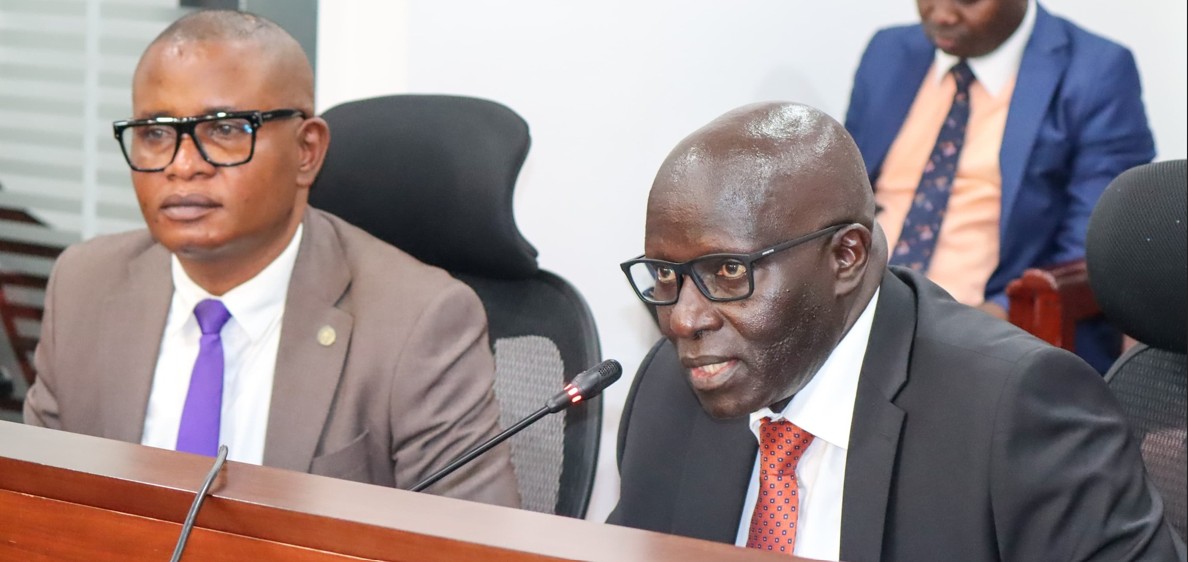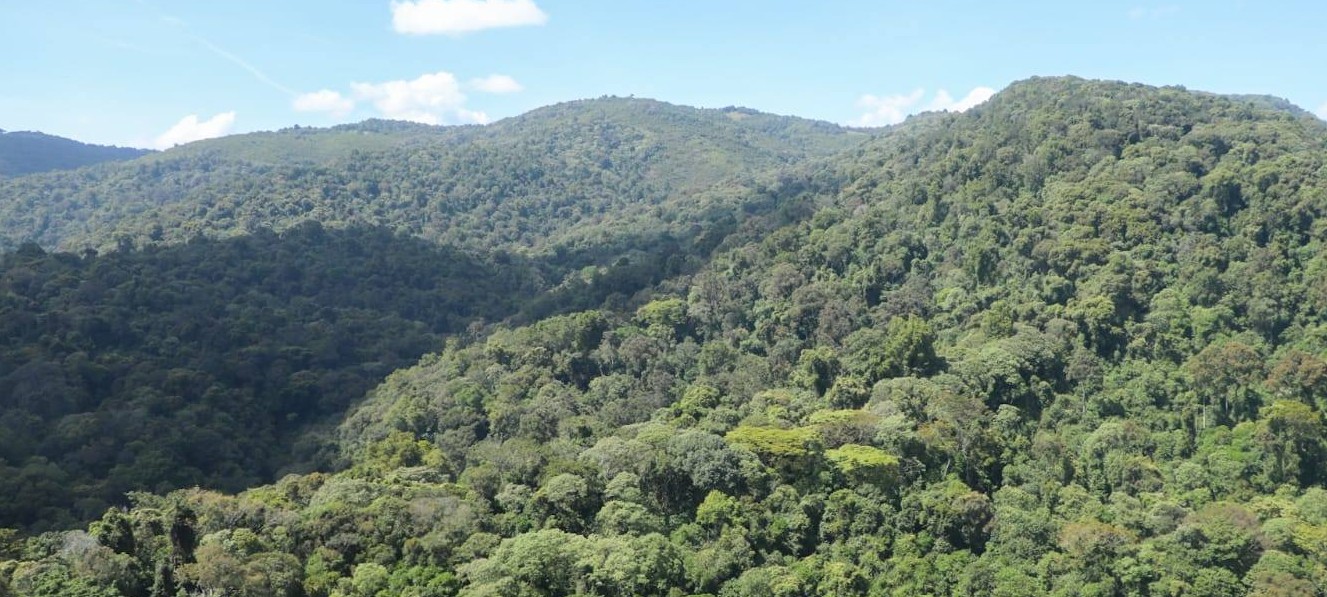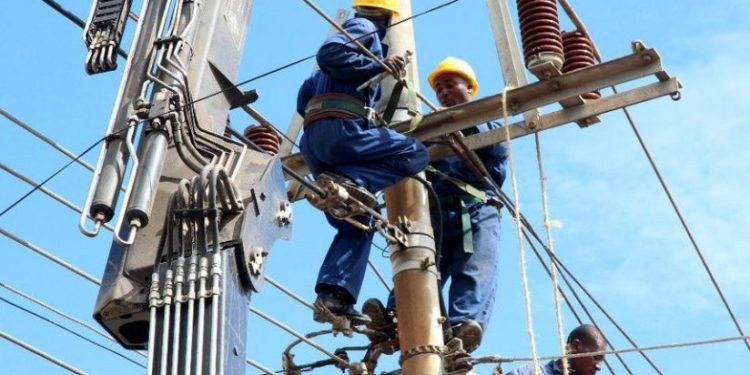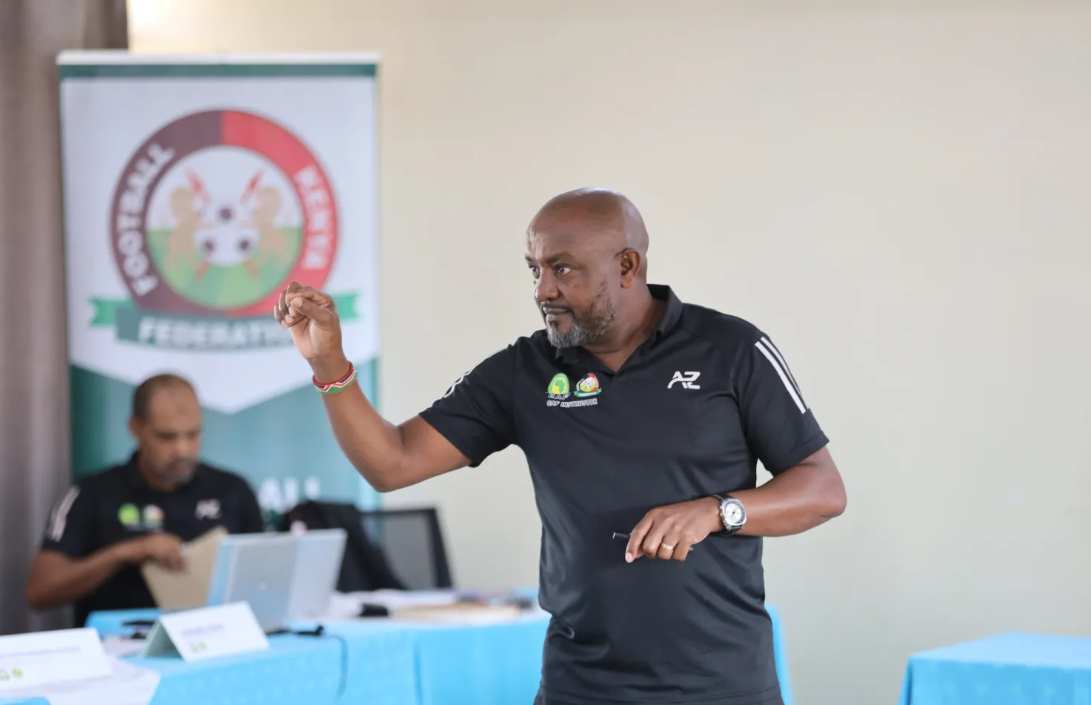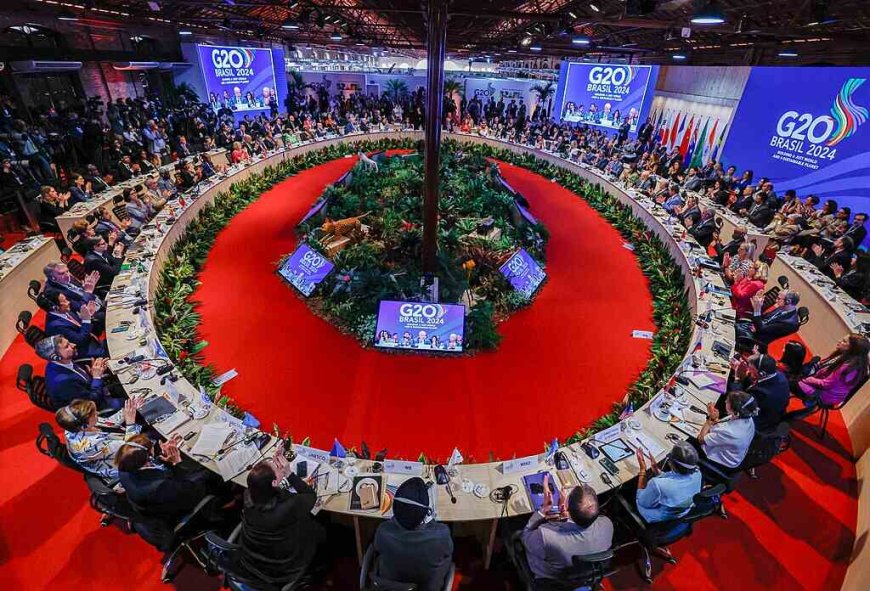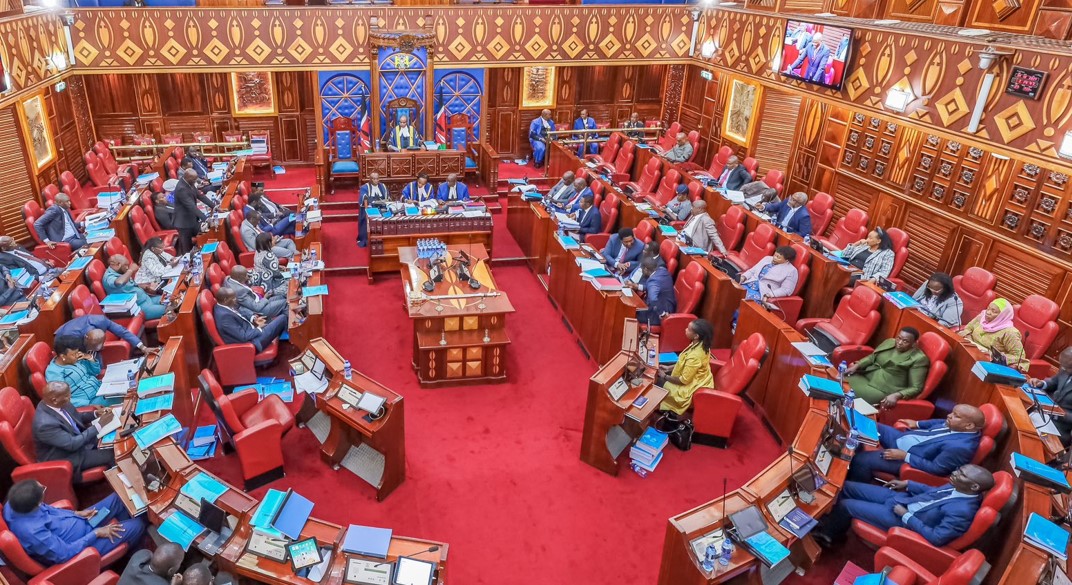Trademark, patent approvals halted at KIPI amid fraud allegations
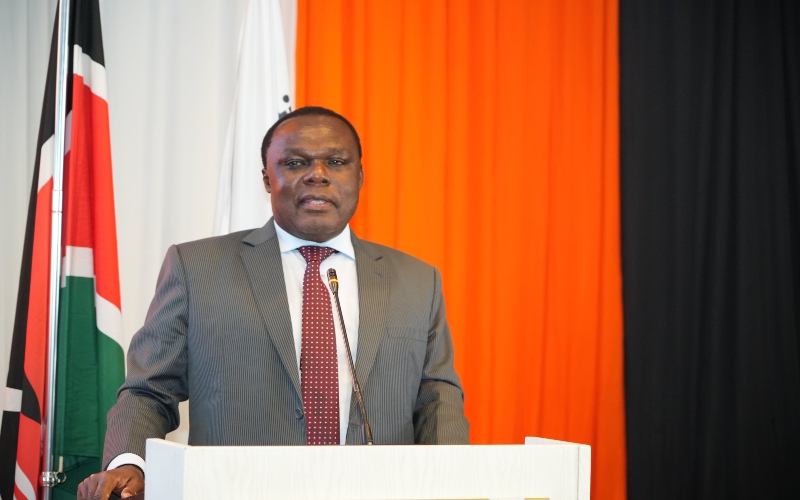
Weak internal checks have allowed a few officials to handle entire processes, from receiving applications to reviewing and registering them creating clear conflicts of interest.
Approvals for trademarks, patents and industrial designs have been suspended at the Kenya Industrial Property Institute (KIPI) after the Industry Ministry uncovered alleged malpractice and a widening rift between the agency’s board and its management.
The suspension follows accusations that some staff have been processing applications without involving the board, raising questions about oversight and integrity.
More To Read
- Eight arrested in Molo fraud syndicate as police recover hundreds of SIM cards, IDs
- Evans Kidero, nine others acquitted in Sh213 million corruption case
- Kenya least vulnerable to fraud in East Africa but still among world’s riskiest - report
- Interpol operation against terror financing nabs 83, including two online recruiters in Kenya
- Eight people arrested in Kilifi to face charges in Sh2 million SHA fraud case
- Father, son arrested over Sh236,000 Gikomba M-Pesa fraud syndicate
Industry Principal Secretary Juma Mukhwana issued a firm directive halting all approvals from September, saying the board’s authority had been bypassed and the credibility of the intellectual property registration process compromised.
His directive, addressed to KIPI managing director John Onyango and copied to Trade Cabinet Secretary Lee Kinyanjui and Head of Public Service Felix Koskei, warned that the actions of some staff had undermined governance structures.
“It has come to my notice that staff of KIPI are processing and registering [these instruments] without involving the Board or its technical committee. That usurps the role of the Board and undermines the integrity of these processes,” Mukhwana wrote.
The decision comes against the backdrop of growing reports of fraud, including cases of trademarks being registered twice.
According to Mukhwana, weak internal checks have allowed a few officials to handle entire processes, from receiving applications to reviewing and registering them, creating clear conflicts of interest.
“We are having many cases of fraud where trademarks are being double registered. Some staff are already disciplined for that because of a lack of oversight. The same staff are receiving, reviewing applications, and registering, a total conflict of interest,” he said.
Investigations have already been launched, with senior officials facing disciplinary proceedings.
In a letter dated September 11, 2025, Onyango acknowledged a formal complaint against a senior officer (name withheld for legal reasons) and confirmed the matter had been placed before the board for inquiry and determination.
The board has protested that it has been excluded from key decisions, only to find itself facing legal suits for actions it did not sanction.
“The board is being sued for matters that they are not even aware of... since applications do not go to them. It is a sad situation,” Mukhwana noted.
The ministry has warned that the standoff at KIPI could harm Kenya’s image as a trusted hub for intellectual property protection.
Industry players also fear that a compromised system could leave innovators and companies exposed to costly legal battles and damage the country’s competitiveness.
Intellectual property remains a central pillar of Kenya’s Vision 2030, which positions innovation as a key driver of economic growth.
A flawed registration system, experts say, could threaten progress in building a strong knowledge-driven economy.
Top Stories Today
